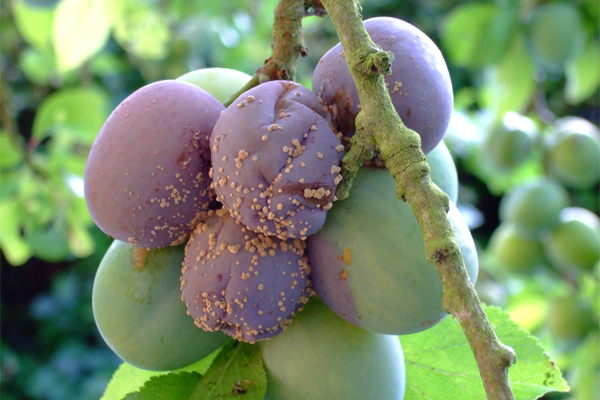



|
Tweet
Pin
It
|
Those who have a keen interest in agricultural or biological science can take up plant pathology as their career. This field offers a variety of career options. Graduate courses in botany, microbiology, horticulture, soil science, crop science, genetics, ecology, molecular biology, biochemistry, physiology etc. will give a fair idea about plant pathology. Some B.Sc. courses offer plant pathology as an area of specialization. Several agricultural universities offer specialized B.Sc. graduation courses in plant pathology or plant protection. The eligibility criteria for all the above mentioned graduate courses are 10+2 or equivalent with physics, chemistry and biology with minimum of 50 % marks. Selection is based on merit and some reputed agricultural universities admit candidates through entrance examinations.
After graduation, one can specialize in the field of plant pathology by taking masters and doctoral degrees. Graduation with more than 60% marks is required for taking up Master's degree and post graduation with a minimum of 60% is required for doctoral (Ph.D.) programmes. Admission to PG course is based on the performance of the candidates in the All India Combined Entrance and State level Entrance Examinations conducted separately. All India Entrance is held regularly by the ICAR (Indian Council of Agricultural Research) and it also provides Junior Research Fellowship (JRF) scholarship to students. Entomology (the study of insects), nematology (the study of nematodes or roundworms) and weed sciences are some areas associated with plant pathology and one can pursue courses in these specialized subjects to become an expert plant pathologist.
To join as a plant pathologist or for the post of agricultural research scientist in various concerned departments of the state and Central Governments, candidates have to qualify the 'Combined Entrance' conducted by various state and central recruitment agencies from time to time. Besides that, aspiring candidates can take up ARS NET exam (Agricultural Research Service and National Eligibility Test) to work as Lecturer in various agricultural universities and their affiliated collages.
Course Areas : During the course period the students will learn about different kinds of pathogens and their identification, the disease cycle, how to resist the diseases, how these diseases impact other living organisms such as human beings and animals, the economic impact and management of plant diseases etc.
Personal skill:
Plant pathology is a profession which requires lot of hard work and high level of patience, along with many years of study. The most important skill needed is none other than passion for the profession. Analytical and research skills, communication skills, ability to understand and express their ideas are the major attributes needed for a plant pathologist. Essential qualities needed are good observation skill i.e a keen eye for detail, ability to work along with a team and to take decisions independently. Plant pathologists should be very confident; be aware and prepared for taking up challenges; and be updated with all recent scientific developments regarding the field.
Find it Useful ? Help Others by Sharing Online
Comments and Discussions |
Related
Career Options
|
|||
|
|